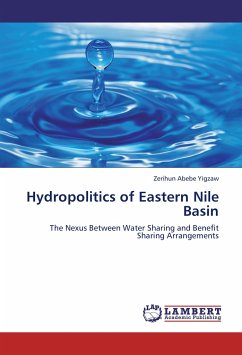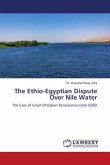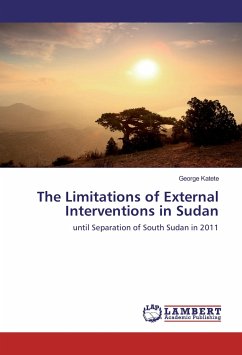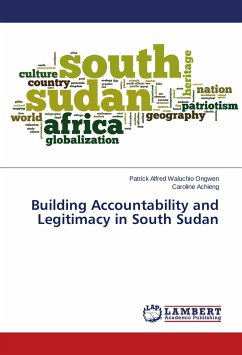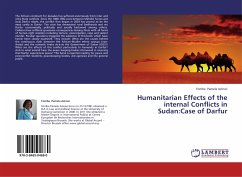The main objective of this book is analysing the nexus between water sharing and benefit sharing approaches in the context of Eastern Nile Basin. It highlights the existing theoretical debates and dilemmas in the management of transboundary watercourses. The different and contradicting positions, policies and strategies adopted by the Basin countries (Egypt, Ethiopia, Sudan, South Sudan)are discussed. Furthermore, the book discusses the nature of different "existing agreements" and the newly Cooperative Framework Agreement of the Nile and positions of riparian states. By analysing the gap between the two approaches and the practicality of the benefit sharing arrangement on the ground with the existing situation, this study has come up with four scenarios. The book finally concludes that, due to the diverging positions of the riparian countries and their contradictory Nile policies and strategies, unilateralism will remain the rule of the game in the undetermined future that only breeds seeds of conflict.

